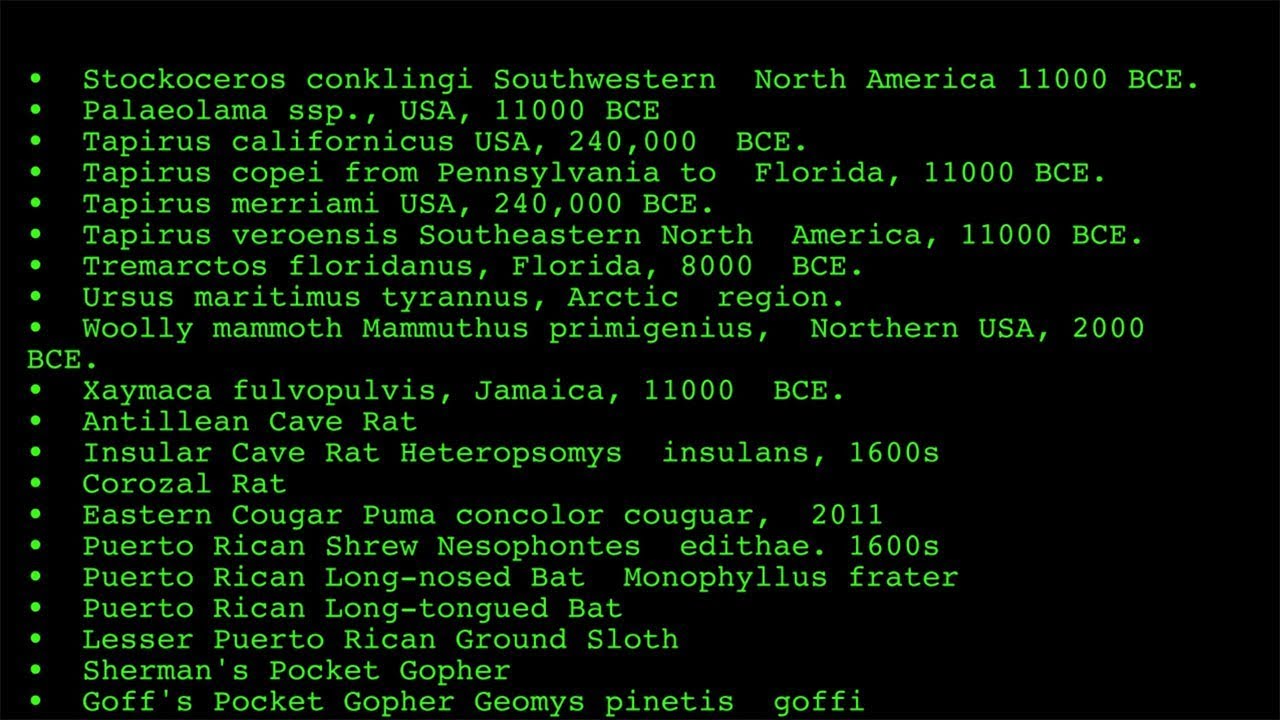“October 2012. The river had been rising all day, and the hurricane was coming up slowly from the south. We watched as the sparkling black river crossed the park, and then the highway, and then came silently up our street. From above, Sandy was a huge swirl that looked like galaxies whose names I didn’t know.”
In Laurie Anderson’s audio art – I hesitate to say “music”, because it is that but it is not entirely that – the atmosphere is always calm. Serene, even. This is chiefly because of her voice: that clear, even, measured speaking instrument. Her tone is dispassionate, all the better to elucidate ideas and narratives which might well seem cause for agitation. Anxiety courses through her work, yet it feels soothing to hear – sometimes eerily so. It is apt that the woman who made her name with the album Big Science and its surprise hit, the vocoder-treated ‘O Superman’, should often evoke in sound the uncanny valley – that unnerving gap between the synthetically humanoid and the human. Anderson’s gift, or one of them, is to enter it from the opposite direction to the usual one; from the human side. She sounds like a cool, computerised entity articulating things which ought to be emotive: in this instance, an account of how Hurricane Sandy flooded her home and destroyed much of what she owned.
As Helen Cocks’ fascinating interview for tQ documents, the dominant theme of Landfall, the new album on which Anderson collaborates with Kronos Quartet, is loss. First came Sandy, the overt subject of the record; the following year, Anderson’s long-term partner Lou Reed died. It would be fanciful to say Reed casts a shadow on the record. Anderson is and always has been far too much her own artist for that; nor does she mention him on it. Rather, this knowledge evokes certain parallels. Reed had notably dealt with the same motif, on his Magic And Loss album – released in 1992, the year he and Anderson became a couple – and on a collaboration of his own, with former Velvet Underground bandmate John Cale, Songs For Drella, concerning their recently deceased onetime patron, Andy Warhol. Reed’s final album, Lulu, was a joint project with Metallica, a collaboration he and Lars Ulrich had described as “obvious”. In hindsight (even if the results made for a gruelling listen) they were right – and the same is true, now it is a fait accompli, of this one. You might not have thought to put Anderson and Kronos Quartet together, but they did think of it, and the results are, in both the philosophical and the colloquial senses, sublime.
Kronos Quartet, in common with Anderson, have a history of making art that works on myriad levels. The contemporary classical string quartet’s work is innovative, and experimental, yet it is not ‘difficult’ in the sense of posing an endurance challenge. Like Anderson’s, it is sonically pleasing and can function nicely enough as background music. But immerse yourself beneath its clean, modernist elegance and – just as with Anderson’s art – you may dive deeply without ever touching the floor. What better partners, then, to create a piece about a flood.
At 70 minutes long, and divided into 30 tracks, Landfall flows with the inexorable sweep of the water that took Anderson’s possessions and memories and turned them into “junk”. True, this is the fate of all memories and possessions, but most of us, if we are lucky, will not consciously experience it. Yet a disaster for the householder may be a boon for the artist, when they are the same person. Anderson saw what the fortunate will not: she saw the physical dissolution of what she had, until that point, considered the substance of her life, and it was “beautiful . . . magic . . . catastrophic”, words which sum up as well as any the sensibility of the work she and Kronos Quartet have created as a consequence.
These descriptive passages are crucial to but do not occupy much time on a largely instrumental album, on which Anderson’s undervalued prowess as a musician is vital. She has long been an innovator in electronic instruments, notably as the inventor of her favoured device, the tape-bow violin. The melding of traditional and electronic strings gives the record a spiralling and eddying quality, at times stretched, woozy and psychedelic, that reflects the galactic ‘swirl’ of the hurricane as seen from space. Kate Bush’s ‘The Ninth Wave’ (side 2 of The Hounds Of Love) springs to mind here, in particular the satellite imagery evoked on ‘Hello Earth’. While these are very different pieces – Bush’s is often urgent and hectic, darting between genres and all but originating its own; this one is psychological rather than mystical, more formally and discreetly inventive – it is a measure of how beguiling and satisfying Landfall is that it’s in no way diminished by comparison to that masterpiece.
Landfall is not so facile as to treat the terrible storm as a simple metaphor. Sandy is more real than that. Rather, Anderson’s words, and the sometimes surging, sometimes steady music from which they intermittently surface, find in Sandy the means to explore what is taken from us, how we experience it, how we understand it – or do not. Loss is one of the core elements of the human psyche. It shapes us and it resonates in us. Music which powerfully evokes it chimes with us like no other. It is no coincidence that so many of the greatest pop songs concern heartbreak. The departed lovers and jobs and dogs for which country music is mocked are what connects it directly to the human heart. Landfall is something else again: a kind of chamber music for the unconscious mind – stately and decorative, but playing in some dark, fathomless room for which Anderson’s flooded basement, and its whirl of dissolving keepsakes, papers and paraphernalia, provides the ideal symbol.



